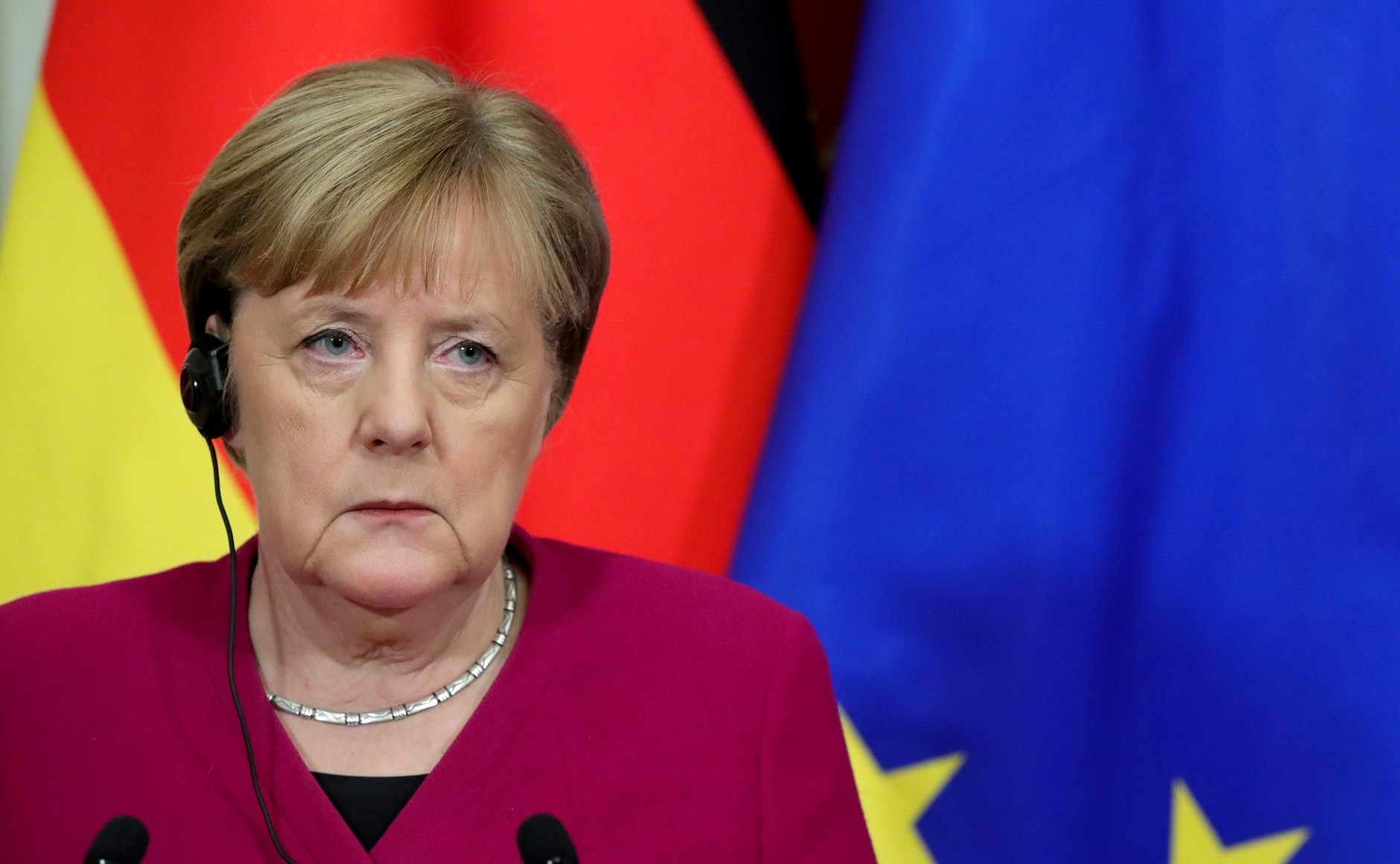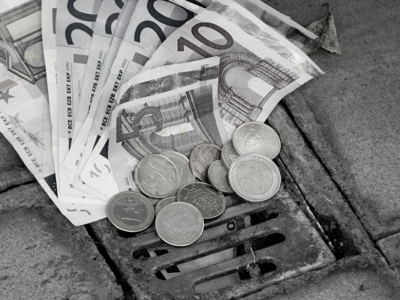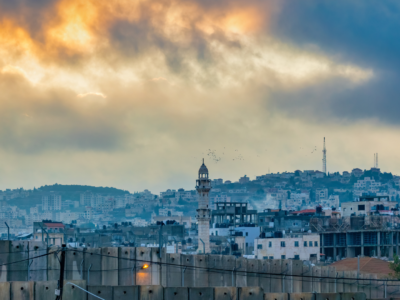Germany after Merkel

21/09/2021
The leaders of the Christian Democratic Union (CDU) had no doubt imagined these elections as a mere formality. The victory in the primaries of the continuity candidate, the president of the Land of North Rhine-Westphalia, Armin Laschet, who defeated all of his rivals – including one undeclared, the president of Bavaria, Markus Söder, of the Christian Social Union (CSU), the sister party of the CDU – had to secure for the conservatives the electoral platform that has given undisputed successes to Angela Merkel during all these years. However, as the weeks prior to the campaign progressed, the CDU’s hopes vanished gradually. By the end of August, the Social Democratic Party of Germany (SPD) had not only managed to close the gap in every poll but even to take the lead by a margin of five points in one of them. In one of the last available polls, the SPD remained ahead of the CDU.
The consensus is that the outcome of this election is more open than ever. Not only because there are six consolidated forces in the German party system – also because two of those forces, the SPD and the Free Democratic Party (FDP), have experienced a comeback after years of decline, considerably opening the range of potential government coalitions. A few months ago, everything pointed to a coalition between the CDU and The Greens, following the one that already exists in neighbouring Austria. An alternative coalition could be with the FDP as a counterweight to the ecologists – the so-called ‘Jamaica coalition’ because of the colors of each party: black (CDU), yellow (FDP), and green –, as Laschet suggested months ago.
In the televised debate between the three candidates with the best chances of winning, the man leading the SPD, the current Minister of Finance, Olaf Scholz, under pressure from Laschet, did not exclude any option. But the SPD’s rise in the polls would add up to two more possible coalitions to the list (excluding the renewal of a ‘Grand Coalition’ between social democrats and conservatives, which no one seems to want): a ‘traffic light coalition’ (SPD, FDP, and The Greens) and a center-left three-party coalition (R2G) of SPD with The Greens and The Left (Die Linke). The Left has been supporting this political coalition in recent months. Its leadership assures that their opposition to NATO will not be an obstacle to form a government, as the Greens and Social Democrats have pointed out.
This would allow Scholz, whose candidacy is the result of a truce with the left-wing of the party, represented by the shared presidency of Norbert-Walter Borjans and Saskia Esken – who won the primaries against Scholz – to have leverage in future negotiations and even leave room for a ‘German coalition’ (SPD, CDU/CSU, FDP) and a ‘Kenya coalition’ (SPD, CDU/CSU, Greens). The only party that no one sees as a potential coalition partner is the far-right Alternative for Germany (AfD). According to the polls, AfD will no longer be the third force in the Bundestag. However, it will seek to consolidate its electoral gains, especially in the federal states of former East Germany. If it does, it will show that the West-East divide, more than thirty years after the dissolution of the German Democratic Republic (GDR) and Reunification, still persists.
The end of the “Merkel era”
When Merkel leaves the Chancellor’s building in Berlin in the next few weeks, more than 15 years will have gone by since she first entered it, making her the second-longest-serving politician to hold the post, surpassed only by her mentor, Helmut Kohl (1982-1998). Merkel has always governed, except for the coalition with the FDP (2009-2013), relying on a ‘Great Coalition’ (2005-2009, 2013-2017, and 2018-2021). When describing these years, the most repeated word in the media – some are already talking about “the Merkel era”- is, probably, “stability.” However, it is necessary to immediately add that this stability has been more sought after than achieved. As the leader of the largest economy in the European Union (EU), Merkel has presided over some of the worst recent crises of the bloc, such as the Eurozone crisis of 2009, the Crimean crisis of 2014, the referendum on austerity called by the Syriza government in Greece, and the refugee crisis of 2015. None of them has been satisfactorily solved, none of them has been closed in one way or another. Their latent condition is part of the “Merkel arrival” that the future German chancellor will have to manage.
Germany is forced to keep the balance in Brussels, with the countries most reluctant to accept it. Other issues to be found in the campaign are the ecological transition and the social situation in the country. Considering the undisputed weight of Germany in the EU, irrespective of the colour of the next government, the orientation and implementation of these policies will influence the other member states, and most likely, the members of the Visegrád Club (Poland, Hungary, Czech Republic, and Slovakia). All eyes will also be on the next Chancellor concerning the future distribution of the EU recovery funds (NextGenerationEU).
The first issue goes from setting an expiration date for the internal combustion engine to accelerating the economy’s decarbonization and reducing greenhouse gas emissions to achieve climate neutrality; the sooner, the better. It made The Greens rise in the polls before summer to lead them for a while. Still, it appeals to all parties equally and affects both the car industry – one of the pillars of Germany’s export-oriented industrial economy – and relations with Moscow and Beijing. The Greens are the party that maintains the most belligerent position as regards these two countries. In contrast, both the CDU/CSU and the SPD are more in favour of a kind of Ostpolitk with Russia and China, the country’s main energy supplier and first trading partner, respectively. If Germany’s next government retains such a policy, it will maintain Germany’s frictions with the US government. Washington has already failed to stop the construction of the Nord Stream 2 gas pipeline that will increase Russia’s capacity to export natural gas to Germany.
As for the social policy, both the SPD and The Greens seem to have admitted, after years of criticism from The Left and the social movements, some of the mistakes of their labour market reforms. Their programmes include a revision of the reforms they themselves adopted twenty years ago and a rise of the minimum wage from the current 9,50 euros to 12 (in the case of the SPD) and 13 (in the case of The Greens), as well as increasing support for the public health system and pension funds, and facilitating access to housing. Some of these demands now find a greater response among the German population due to the economic impact of the COVID-19 pandemic. In contrast, the economic programme of the CDU/CSU leaves untouched the objective of maintaining a “balanced budget” once the health crisis is over and qualifies as “erroneous” any policy aimed at increasing direct taxes.
If the SPD, which has campaigned with a pronounced social accent, maintains its lead in the next weeks and keeps a steady course heading to a coalition with the FDP and The Greens, the very composition of this government – in particular, by the inclusion of the FDP – will limit the room for manoeuvring of the Social Democrats, free from the parliamentary pressure of The Left, clearly weakened by their own internal disputes and because of the ability of the SPD to attract part of its voter base. If it is Laschet who wins – not surprisingly, he has tried to distance himself from Merkel during the campaign -, his priority will be, as he has already said, to reach an agreement with The Greens, and preferably with the Greens and the FDP, in order to galvanize and renew the electoral alliance between large multinational corporations, moderate conservatives and the urban middle classes that have been the key to Merkel’s success, and consistent with the changes in the country’s social structure in the recent years. Thus, although Merkel will have definitively left the political scene, her presence will be felt for the years to come.
Prospects for Catalonia?
It can be said with near-certainty that the outcome of the German elections will not have any repercussions on the Catalan question, which Berlin considers an internal issue of Spain to be solved within the framework of the Spanish constitution. The business sector, interested in maintaining at all costs stability in the European Union, supports this position. Only two parties expressed their solidarity with the movement for the right to decide in Catalonia: the Greens and The Left. Of the two, only the first one has a chance of becoming part of a future coalition government. However, it is worth recalling that the declarations of this party regarding Catalonia always came from Brussels, where The Greens share a parliamentary group with the European Free Alliance (EFA), the European political party representing several autonomic, regional and nationalist parties that demand the right to self-determination and respect for national minorities. It does not seem likely that those shows of solidarity will be seen in the German capital, either in a coalition with the CDU or a three-party coalition with the SPD and the FDP. According to the polls, The Left, some of whose politicians have clearly shown more solidarity with the democratic demands of the Catalan independence movement (i.e. Andrej Hunko, Zaklin Nastic), will not obtain good results. The Left is currently polling around 7% and will consequently have very little influence if Catalonia returns to a prominent place on the European and international political agenda.
Àngel Ferrero is a journalist and translator, and a regular contributor to Público, El Salto, and Catarsi magazine.


